Who cares about climate change consensus?
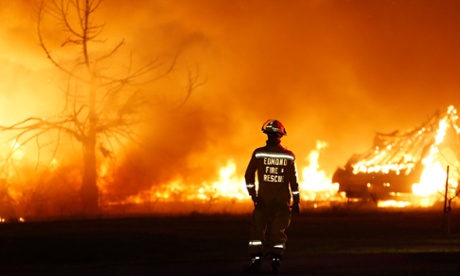
Bickering over precise figures is pointless until the climate issue resonates with the general public, not just an informed few.
The notion that there is a consensus among scientists has been central to the climate change discourse for many years. It has been a key campaigning tool: the argument that ‘the science is settled’ can be traced back to the days of the Clinton administration. More recently, academic analyses have attempted to put a precise figure on the level of agreement in the scientific community – with ‘97%’ the current best estimate that human behaviour is altering the climate for the worse.
Sceptical voices have disputed and challenged this figure, suggesting that it is lower (perhaps 91%), or that scientific knowledge is not easily reducible to a ‘head count’. In some ways, they have a point: an estimate of the number of scientists who agree with a certain proposition can only ever be a proxy for the underlying scientific knowledge. It is true that science is not conducted by a popular vote, but via a strict and replicable method.
But bickering about the precise level of scientific consensus on climate change misses the point entirely. In the world beyond academic spats over methodology, the difference between 97% and 91% seems trivial, and both figures seem sufficiently high to warrant a serious response. Would you be any more or less worried if your doctor told you that you had only a 91% chance of a heart attack, instead of 97%?
Some recent psychological research has suggested that if people can be persuaded that the consensus on climate change is greater than they had previously imagined, then their levels of concern are likely to increase. The authors of these studies recommend that reiterating the consensus is an effective (and even ‘non-political’) tool in the climate change communication box.
But while these studies clearly show the value of communicating consensus in an experimental setting, the findings are difficult to square with recent history. Scientists, campaigners, and politicians have relentlessly reiterated the fact that scientists agree that humans are changing the climate for the worse. In response, ‘merchants of doubt‘ have tried to muddy the waters by exaggerating scientific uncertainty.
The truth is that it is no more possible to pursue a non-political strategy of public engagement on climate change (especially in the US and Australia) than it is to issue a neutral statement about abortion or GM crops. In all cases, the science is interwoven with political implications. The climate change consensus must always be communicated by someone, and that someone will always come loaded with cultural baggage.
Plus, even if 100% of climate scientists agreed that the world was ending next Tuesday, they could not tell us what we should do about it. This would remain a social and political decision, with the consensus offering only one piece of (extremely) relevant evidence. And like every other piece of seemingly irrefutable evidence in the deeply polarised world of climate change, it is likely to be perceived in very different ways by people with very different political perspectives.
This doesn’t mean that it is impossible to communicate about the consensus effectively – simply that the scientific consensus alone cannot overcome deep-rooted political divides. Messages about the consensus must be provided by communicators whose cultural credentials are congruent with the audience they are speaking to. Like every other aspect of the climate change debate (from newspaper articles to perceptions of extreme weather), communicating the consensus is an unavoidably politicised challenge.
One aspect of this debate that has received far less attention is whether a social consensus might offer a more powerful metric for conveying agreement than a scientific one. How many of us would stand firm in our belief ‘X’ if 97% of our friends, or those who we respected, thought ‘Y’?
In fact, this idea gets to the heart of why debating the precise proportion of scientists who endorse the mainstream position on climate change is ultimately a distraction. The more pressing challenge is creating a massively expanded social reality for climate change – one in which the things that people love and wish to protect are clearly linked in their minds to policies for confronting climate change.
The challenge is not to find a non-political way of engaging people on climate change, but to embrace the fact that politics permeates the discourse on climate change, and face up to this by widening the group of people who are involved in the debate.
Until the issue resonates with the hopes and aspirations of more than just a narrow band of campaigners and sceptics, pointing to a row of nodding scientists and expecting this to catalyse public concern is not going to get us far – no matter what the ‘magic number’ attached to the consensus is.
Source: The Guardian







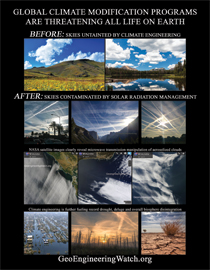







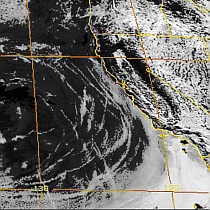


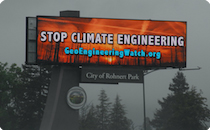
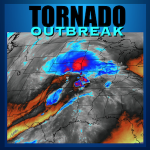

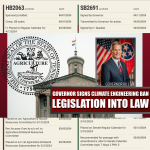

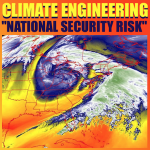
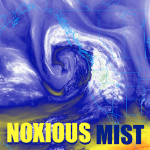








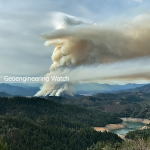
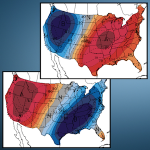
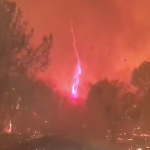















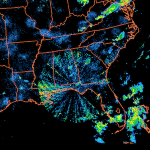




















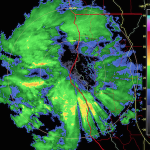












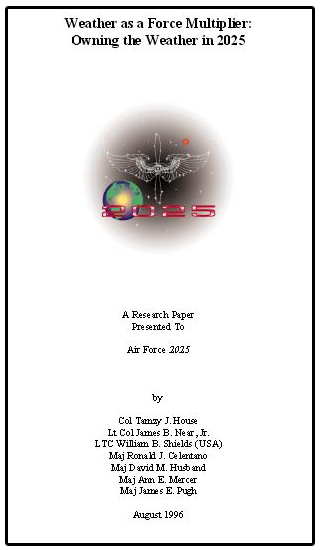





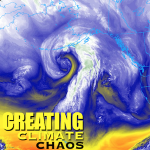
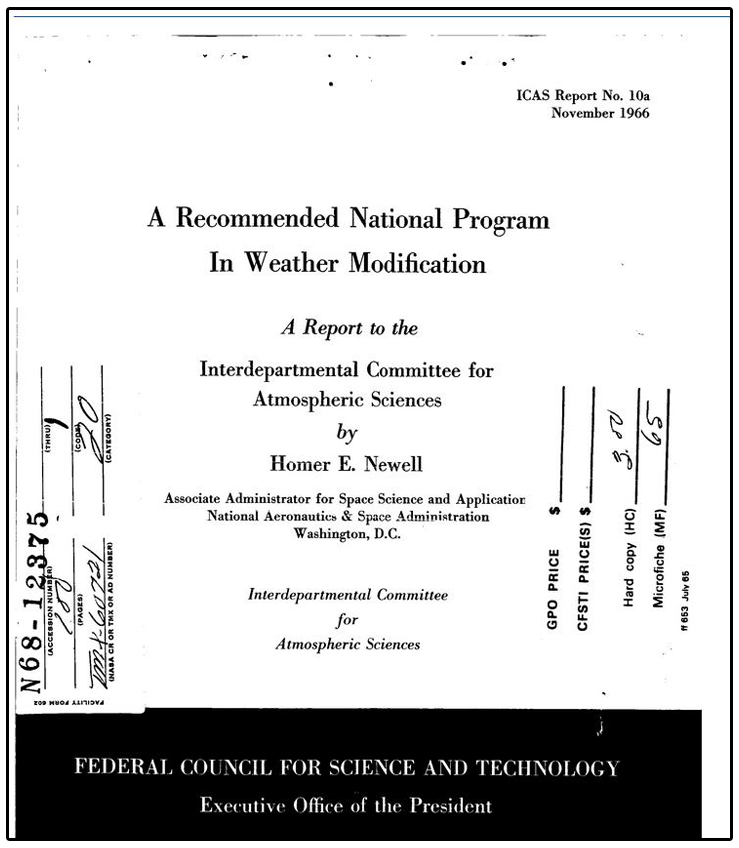

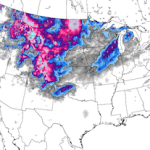
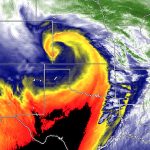

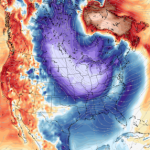
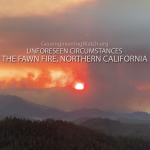


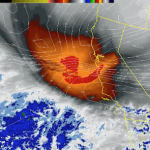
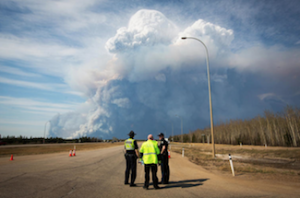



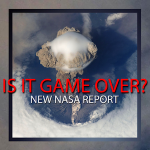






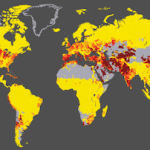

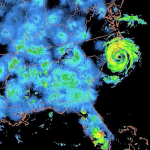























Greate advise, though it need to connect what people “love” to protect. Thank you.